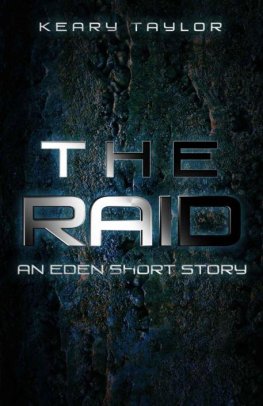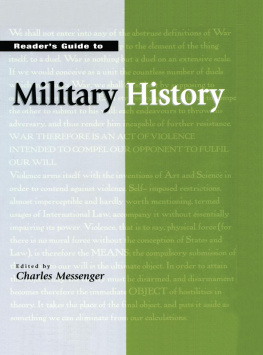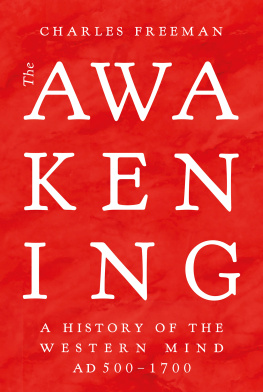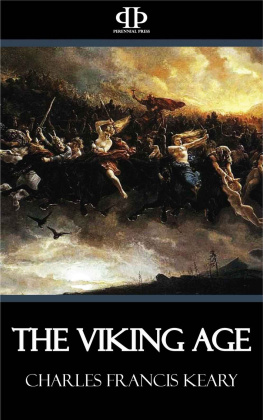PREFACE.
The present edition of the Dawn of History is a considerable enlargement upon the former one, as may be judged from the fact that the former, including the Appendix, contained only 231 pages, whereas the present edition contains 357. These enlargements have chiefly affected the first four chapters with the ninth and tenth, and, generally speaking, the chapters for which the editor is wholly responsible. He felt himself quite incapable of improving chapters eight, eleven, and thirteen, which can hardly fail to be recognized as the best in the volume; and, unhappily, the hand which wrote themthat of Annie Kearyis no longer able to revise or alter. Some slight corrections therefore have been made, in accordance with the advance of these branches of study during recent years, but nothing more. No more were needed, for (in the case of the chapters on writing, for example) further research has only tended to establish more firmly the conclusions here accepted. The chapters on early social life (vi., vii.), again, did not seem to the editor to require more than slight corrections.
In the chapters dealing with religion and mythology, it was not to be expected that the writers could avoid treading upon controversial ground; but as almost every proposition upon these matters is disputed by some one, it was not possible to adopt the plan of putting forward only those facts and theories which may be considered as established. Some disputed points are discussed in the Appendix. Even on the subject of language the views of one (small) school of philologists had to be relegated in like manner to the Appendix.
So far for the character of the alterations upon the first edition. The new matter introduced, whenever it has not been of the nature of a correction of the old, has been aimed in the direction of making more clear the processes through which the human mind has gone in the acquisition of each fresh capacitymore clear the extent to which each successive phase of pre-historic life has been built upon the preceding phasemore clear the process by which mankind seems to have gone through the stages of language-formation, and so forth. This has been the direction in which the editor has sought to improve upon the earlier edition: rather than in loading his pages by a greater accumulation of facts, to make the relationship of the various facts to one another plainer and more easy to remember; in one word, to appeal to the reason much more than to the memory.
This is by no means the principle on which a great majority of introductions and manuals seem to have been written, but upon a principle almost the reverse of this.
Finally, it has never been lost sight of, that the present volume is meant to leave the reader, so to say, at the door of history. It is not designed to be an anthropology, or a history of the growth of faculty among mankind at large, but only a pre-historic study, an account of the ascertainable doings and thoughts on the part of the people who have gone to make up the historic races of the world. Even the stone-age civilization is treated, not as a phase of culture in the abstract, but as an element of the growth in culture of the historic nations of our planet.
C. F. KEARY.
200, Cromwell Road , S.W.
PREFACE TO THE FIRST EDITION.
The advance of pre-historic study has been during the last ten years exceptionally rapid; and, considering upon how many subsidiary interests it touches, questions of politics, of social life, of religion almost, the science of pre-historic archology might claim to stand in rivalry with geology as the favourite child of this century; as much a favourite of its declining years as geology was of its prime. But as yet, it will be confessed, we have little popular literature upon the subject, and that for want of it the general reader is left a good deal in arrear of the course of discovery. His ideas of nationalities and kindredship among peoples is, it may be guessed, still hazy. We still hear the Russians described as Tartars: and the notion that we English are descendants of the lost Israelitish tribes finds innumerable supporters. I am told that a society has been formed in London for collecting proofs of this more than Ovidian metamorphosis. The reason of this public indifference is very plain. Pre-historic science has not yet passed out of that early stage when workers are too busy in the various branches of the subject to spare much time for a comparison of the results of their labours; when, one may say, fresh contributions are pouring in too fast to be placed upon their proper shelves in the storehouse of our knowledge. In such a state of things the reader who is not a specialist is under peculiar disadvantages for a discovery of what has been done. He stands bewildered, like the sleeping partner in a firm, to whom no onethough he is after all the true beneficiaryexplains the work which is passing before his eyes.
It will not be thought a misplaced object to attempt some such explanation, and that is the object of the following chapters. And as at some great triumph of mechanism and sciencea manufactory, an observatory, an ironclad,a junior clerk or a young engineer is told off to accompany the intelligent visitor and explain the workings of the machinery; or as, if the simile serve better, in those cities which are sought for their treasures of art and antiquity, the lower class of the population become self-constituted into guides to beauties which they certainly neither helped to create nor keep alive; so this book offers itself to the interested student as a guide over some parts of the ground covered by pre-historic inquiry, without advancing pretensions to stand beside the works of specialists in that field. The peculiar objects kept in view have been, to put the reader in possession of (1) the general results up to this time attained, the chief additions which pre-historic science has made to the sum of our knowledge, even if this knowledge can be given only in rough outline; (2) the method or mechanism of the science, the way in which it pieces together its acquisitions, and argues upon the facts it has ascertained; and (3) to put this information in a form which might be attractive and suitable to the general reader.
The various labours of a crowd of specialists are needed to give completeness to our knowledge of primitive man, and it is scarcely necessary to say that there are a hundred questions which in such a short book as this have been left untouched. The intention has been to present those features which can best be combined to form a continuous panorama, and also to avoid, as far as possible, the subjects most under controversy. No apology surely is needed for the conjoint character of the work: as in every chapter the conclusions of many different and sometimes contradictory writers had to be examined and compared, and as these chapters, few as they are, spread over various special fields of inquiry.












